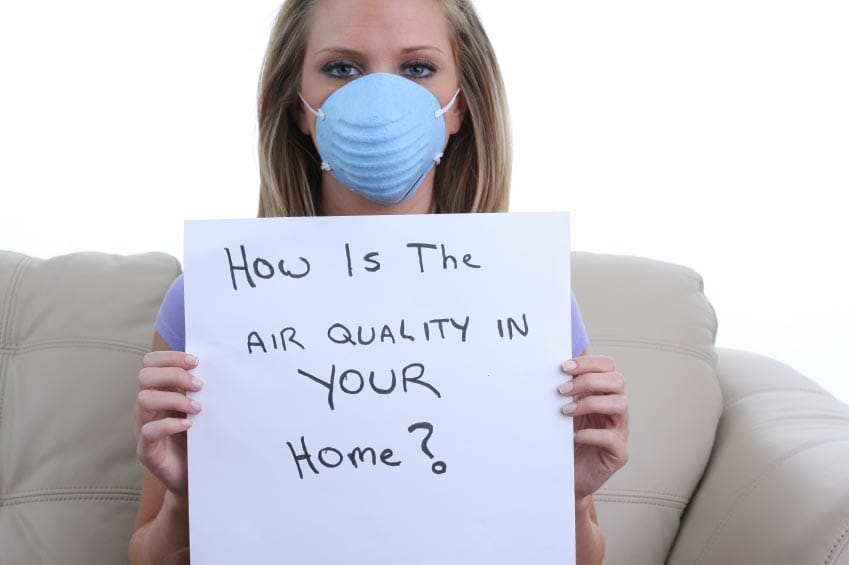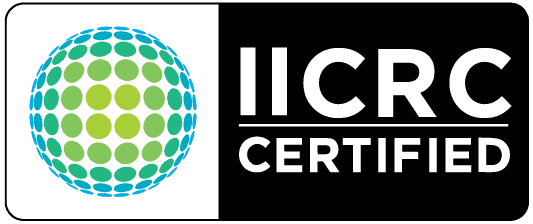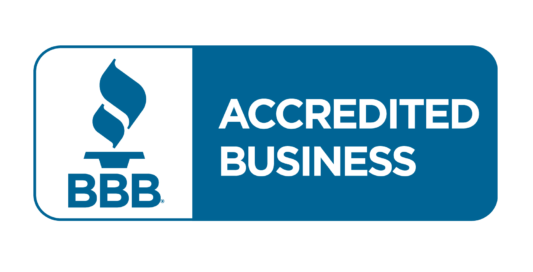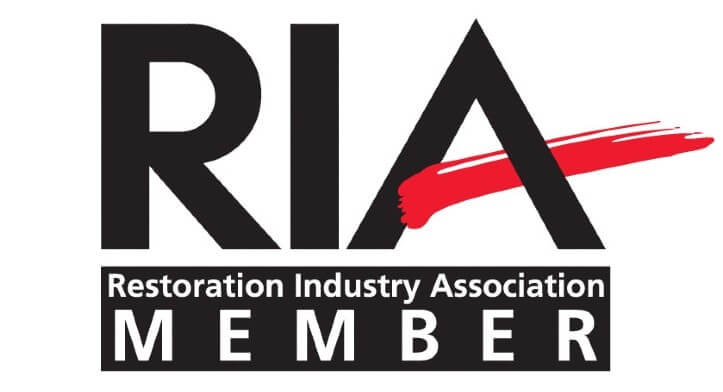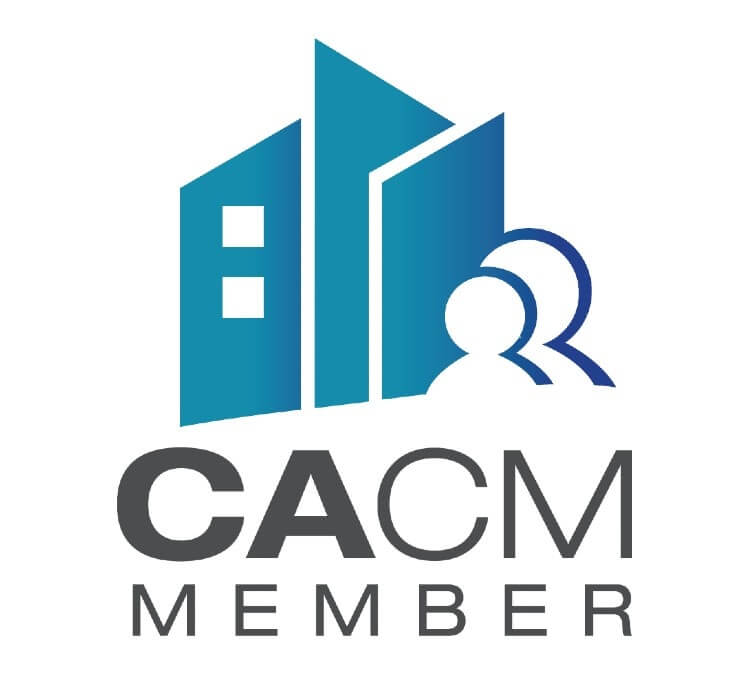Certified Restoration Achieves Nearly 200 Five-Star Customer Reviews Online
May is Asthma Awareness Month, serving as a crucial reminder of the growing health issue that asthma poses in the With close to 200 five-star reviews and a BBB A+ rating, Certified Restoration stands out as the premier choice for flood, fire, and mold restoration in San Diego. The company’s stellar reputation, highlighted by numerous customer testimonials, reflects its commitment to high standards and quality service, something the team at Certified Restoration takes great pride in delivering.
“We take immense satisfaction in knowing that our dedication to our customers and community is so appreciated,” said owner Mike Fahouris.
According to Fahouris, the company’s success stems from its unwavering dedication to customers, expertise, trustworthiness, and a commitment to giving back to the community. Here’s why Certified Restoration is often regarded as the best restoration company in San Diego:
– BBB A+ Rating: A strong focus on quality has earned the company an A+ rating from the Better Business Bureau, a testament to its reliable services.
– IICRC Certification: Certified Restoration maintains its certification from the Institute of Inspection, Cleaning and Restoration Certification (IICRC) through ongoing education.
– Outstanding Customer Service: The company boasts numerous five-star reviews on platforms like Yelp, Google, and Customer Lobby, reflecting its commitment to completing every job right the first time.
– Eco-Friendly Practices: Certified Restoration employs environmentally friendly methods, such as recycling materials, drying rather than discarding damaged contents, using non-toxic chemicals for **mold remediation**, and properly disposing of hazardous waste.
– Locally Owned Family Business: Brothers Mike and George Fahouris, who grew up in La Mesa, foster a strong sense of community among their employees, emphasizing the ethos of neighbors helping neighbors.
– Community Involvement: The team actively engages with the community, supporting initiatives like Project Mexico, volunteering at Father Joe’s Kitchen, and participating in the annual Greek Festival.
About Certified Restoration
Founded in 2007 by brothers Michael and George Fahouris, Certified Restoration serves the San Diego area with flood damage restoration, fire damage restoration, and mold removal services. For more information, call 619-373-0578 or visit [Certified Restoration](http://www.dev.certifiedrestorationinc.com). Whether you need emergency water damage repair or mold inspection in San Diego, Certified Restoration is here to help you every step of the way.
“Disclaimer: This article is for general information ONLY and is not intended to be legal, medical, or scientific advice. The proper approach to each project must be determined on a case-by-case basis. Certified Restoration always recommends that you call a certified restoration professional, especially when there are children, elderly, or individuals with health conditions residing in the property. “
